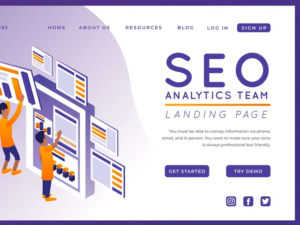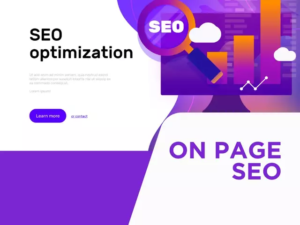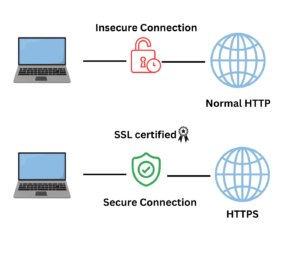The more people you engage online, the higher chance you get of making a conversion—which can mean a new service subscription, product purchase, or a successful referral traffic. But aside from that, there are many other positive things that come with a strong core audience.
If you’re wondering, why do you need website traffic, there’s a good chance you’re content with your campaign or business plan. However, an increase in website visitors can give you opportunities to scale, especially if you are hitting your target audience and bringing quality traffic to your website.
On that note, if you’re wondering how more website traffic can help your marketing efforts and brand growth, help yourself as we go deeper into this subject below.

What is the Purpose of Web Traffic?
How many visitors you get on your website is excellent data to break down when accounting for the impact of your digital marketing campaigns. Whether you’re running a microblog or an e-commerce site, traffic can be used to measure your online presence.
Lead Generation
One way to leverage how much traffic you get from your website is transforming those visitors into leads. In many cases, site visitors are your most probable potential customers, and you would want to guide them through your sales funnel.
Eventually, these are the interactions that you convert to sales, and it all starts with your ability to generate traffic and optimise for the audience and search engines. Meanwhile, website traffic can also help boost revenue through paid advertising for blogs.
SEO and Online Authority
Website traffic is also crucial to search engine optimization (SEO). A quick look at Google Analytics will tell you as much since the platform is essentially all about analysing the engagement coming into your website.
It’s no surprise either, of course, since Google is known to observe the number and quality of visitors to measure a website’s performance and authority, and ultimately rank them.
This is more evident if you have a service or product that is niche. Better numbers can signal that you’re an authority on that segment and that your content could have valuable and relevant data.
Brand Awareness
Lest we forget, organic search traffic helps build brand awareness. And sometimes, communicating your brand and its values can generate equity for your business even when there’s no initial conversion.
Additionally, more eyes on your website helps with content distribution, as well as in ramping up engagement opportunities, which can be more challenging to secure in highly competitive markets.
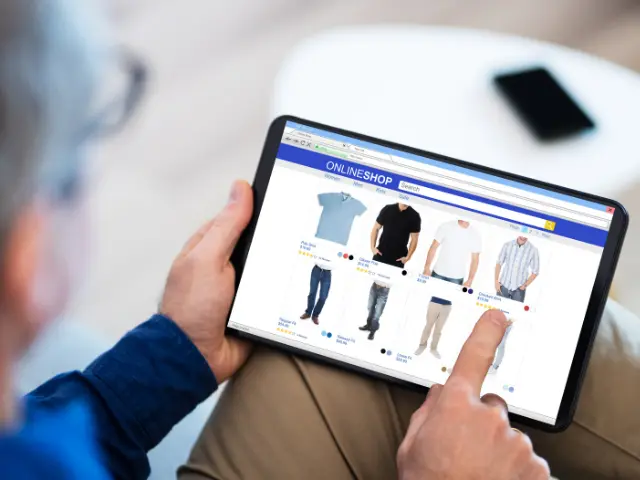
Does Website Traffic Matter?
In many ways, website traffic does matter—and in a variety of scenarios, too. It’s no wonder that it’s a fixture in website analytics or any holistic online marketing strategy.
With that said, we recommend consulting with Web9 SEO and website design if you’re eager to increase website traffic and initiate a more comprehensive approach to your digital campaign.
Common Ways to Increase Website Traffic
Optimise for On-Page SEO: Make it a habit to use proper title tags and keyword placement, as well as optimise meta descriptions and header tags.
Internal Linking: One simple way to guide visitors to other relevant pages, reduce bounce rates, and increase page views is to have a structured and consistent internal linking strategy.
Improve Local SEO: For businesses, it’s crucial to optimise for local searches by claiming your Google My Business listing and using location-based keywords.
Earn Backlinks: Google still honours a well-earned backlink! In addition, quality inbound links add credibility to your brand. For starters, find opportunities with other websites to link to your content, and improve your site’s authority and ranking in search engines.
Optimize for Mobile: As of today, websites that are not optimised for mobile devices will no longer get indexed. Therefore, it’s important to ensure your site is mobile-friendly since responsive design impacts user experience and SEO.
Create High-Quality Blog Posts: There is no replacing relevant, informative, and engaging content that answers your audience’s questions. Furthermore, trying to mix in evergreen content can remain valuable for new audiences over time.
Update Old Content: Refresh and update older posts with new information, keywords, and media to boost their relevance.
Build a Content Hub: Organise your most useful and relevant content into a resource center that your audience can explore. Even better, add infographics, e-books, and guides to keep visitors engaged and valued.
Build Your Social Media Presence: Meet your audiences where they are in the relevant social media channels. Share your blog posts, videos, and other content across social platforms regularly and with creative vigor.
Run an Email Marketing Campaign: Encourage website visitors to subscribe to your newsletter for regular updates. Then, personalize your emails by segmenting your list based on interests or behaviour.
Utilise Paid Advertising: If you have good insight, good advice, or a dedicated team working on your digital marketing efforts, then delve into PPC to drive immediate and targeted traffic to your website or event.
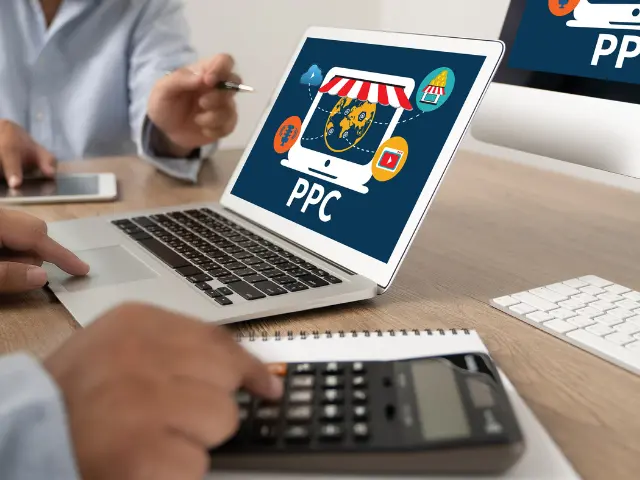
What are the Advantages of Increased Website Traffic?
Stronger Online Presence
A steady stream of organic traffic is invaluable to your content strategy and lead generation efforts. Having a strong digital presence can influence search engines and online users to acknowledge your authority in your industry. In addition, it increases your visibility, including in online communities related to your products and services.
Higher Conversion Rates
More website traffic can indirectly or directly increase your conversion.
Those who are ready to purchase are welcomed into your sales funnel, and at the same time, you get more opportunities to convert visitors into customers. The other side of it is making sure that your site’s optimised for both, including your website’s content, calls to action, and referral programs, if any.
Better SEO Performance
Whether it’s a blog post, product, or landing page, more traffic generally translates to better SEO performance. As we’ve shared, traffic is one of the ranking factors that search engines use. As a result, this can lead to higher rankings, more backlinks, and increased social shares—all of which are crucial to SEO.
Better Data and Insights
Qualified leads provide valuable insights into your customer’s preferences, behaviour, and needs. By analysing traffic data, you can gain a more nuanced understanding of what brings people to your site, and what products are they interested in.
The information can also be processed to help in writing blog posts for targeted traffic, social media marketing, and on-page SEO strategy.
Competitive Advantage
Brands, especially SMEs, can benefit from being more visible and accessible than their competitors. In particular, direct traffic can boost local SEO, especially if it leads to purchases, reviews, social shares, or even referrals.
In addition, an increase in traffic can open new revenue streams for the business as well as entry into new markets. As your website traffic increases, you’ll find more opportunities to scale your business and build a stronger profile.

Making the Most of the Traffic to Your Website
Once you’re able to secure a strong following and a steady stream of visitors to your website, the next challenge would be converting these leads. And in order to accomplish that, you’ll need an effective and seamless website design and on-page SEO campaign that will guide your potential customers.
If you’re looking for ways to improve your digital marketing strategy or generate qualified leads consistently, we encourage you to book a FREE SEO consultation with Web9. With the team’s holistic and award-winning approach, you are guaranteed to be working with professionals who can push your business forward and take it to the next level.


